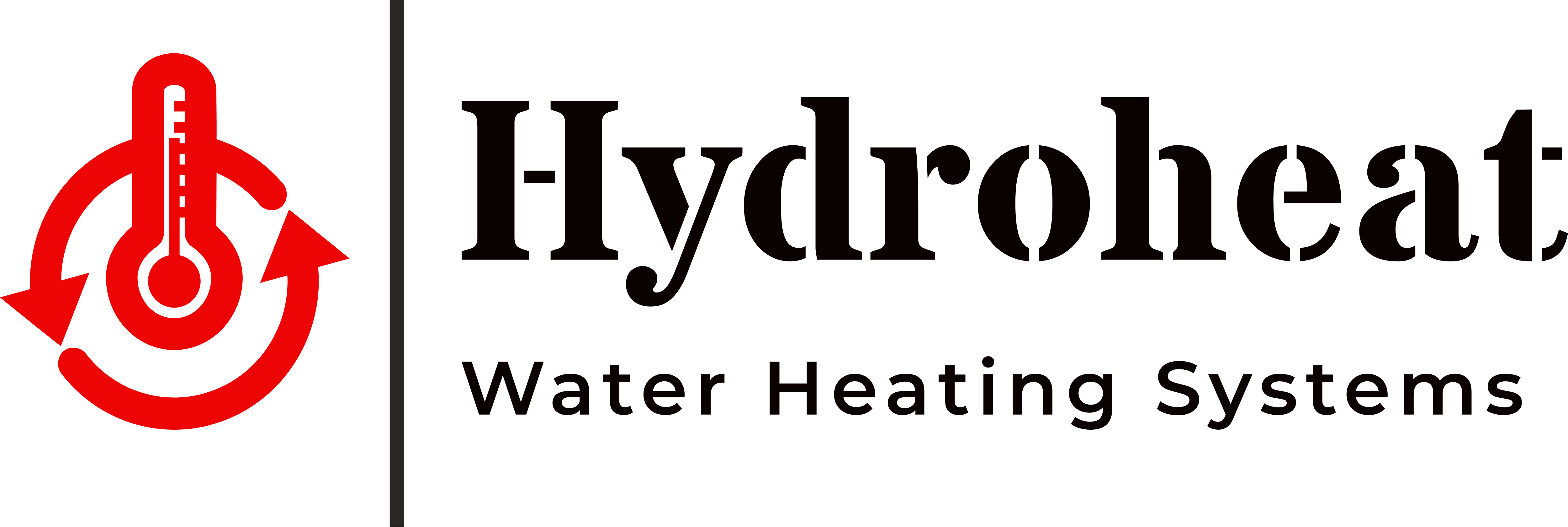The health benefits of underfloor heating
Health is usually not the first factor most people consider when they plan to have underfloor heating fitted. However, it is especially beneficial for asthma sufferers.
Take a deep breath
Electric heaters create convection currents that move in a circular motion to warm the air. At the same time, it redistributes dust particles that float around, making them easier to be breathed in. This is not great news for people who suffer from respiratory problems, including asthma. With underfloor heating the room is warmed through gentle heat radiating from the floor, causing no movement of dust.
Alleviate allergies
Underfloor heating systems can reduce the number of dust mites in your home by an estimated 80% because they lessen the moisture in your carpets where dust mites thrive. Because electric heaters warm the air, not the floor, the mites can multiply undisturbed in their dark, moist environments.
It is reported that 90% of people who are treated for asthma says dust mites triggered their condition.
Pain-less feet
Cold weather, low barometric pressure and high humidity can all increase joint discomfort of people suffering from arthritis. Direct contact between the feet and heat source can relieve some of the pain experienced in feet, ankles and legs.
Safety points
Electric heaters pose a safety risk to the very young and elderly. There is a significant risk of burn injury if there’s not sufficient supervision.
The best choice
If the cost-saving didn’t convince you, surely the health benefits did. It is undeniable that installing underfloor heating will make your family – and budget – happy and healthy. Give Hydroheat a call to discuss your options.
